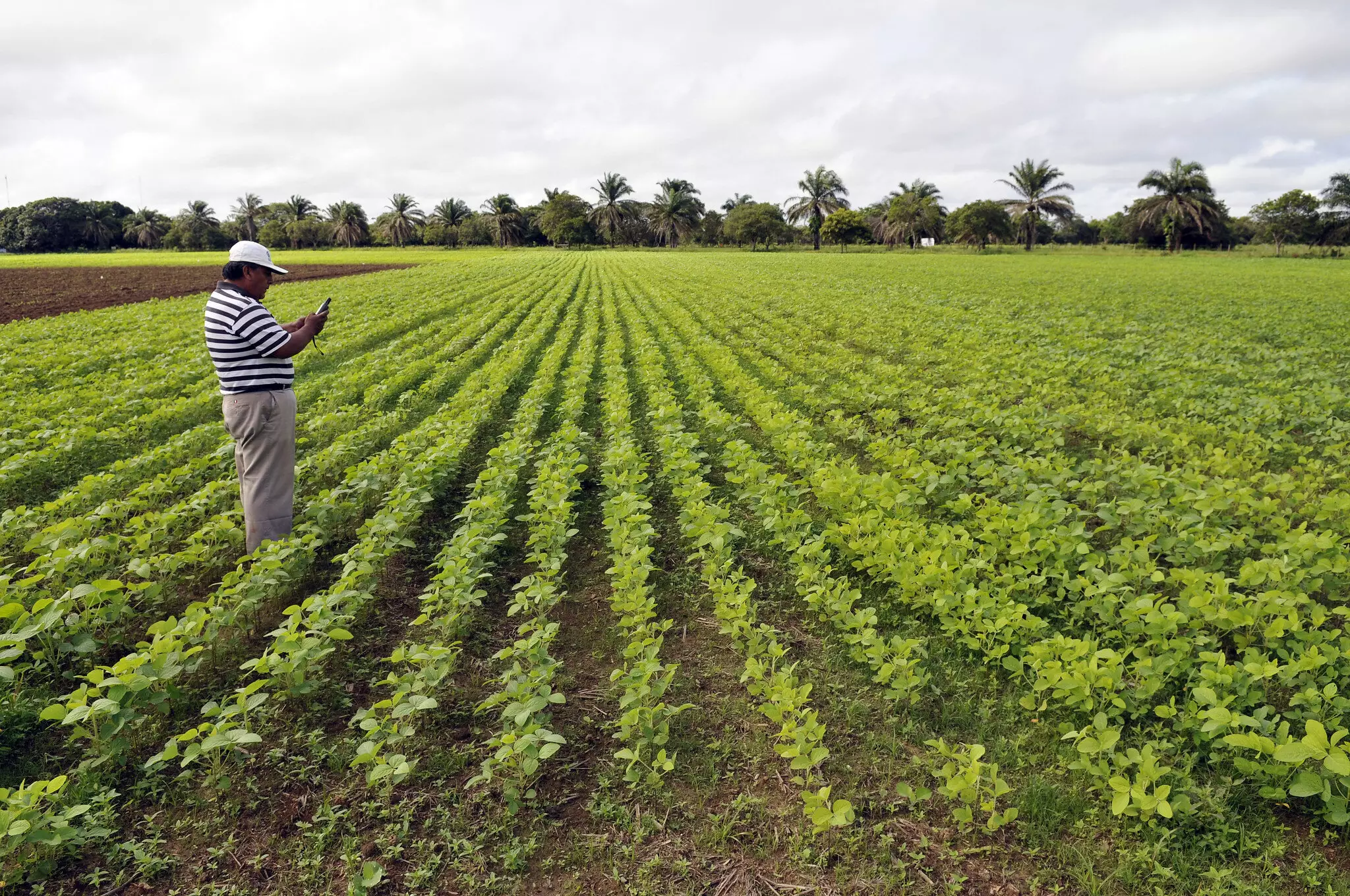Foreign Direct Investments (FDI) have been heralded as a beacon of hope for economic growth in developing tropical countries. However, a critical examination of this optimism reveals a troubling narrative—many FDIs, particularly in sectors like agriculture, exacerbate environmental degradation and significantly contribute to deforestation. Traditionally, FDI has been synonymous with extractive industries like mining or logging. But recent findings suggest that the food systems we depend on are not exempt from these pernicious effects. The growth of industrial agriculture driven by FDI raises an urgent question: are we merely trading one form of extractivism for another?
The stark reality is that agriculture, fueled by FDI, is currently one of the leading drivers of deforestation. As tropical nations boast some of the largest remaining forests, the push towards cash crops has been devastating. A systematic study conducted across 40 tropical and subtropical countries revealed deeply entrenched patterns linking FDI directly to tree cover loss, especially in Asia and Latin America. This deforestation impacts not just biodiversity but alters climate patterns and affects the livelihoods of millions dependent on these ecosystems.
Understanding the Complex Dynamics of Deforestation
What makes the case of deforestation linked to FDI particularly compelling is the nuanced interplay between global food consumption patterns and local agricultural practices. Researchers employed advanced machine learning algorithms to sift through vast data sets and extract meaningful insights into deforestation drivers. Their findings underscore that urbanization and foreign investments often create demand for agricultural commodities that lead to habitat destruction. This is a significant departure from thinking that solely emphasizes agricultural outputs without considering broader systemic influences.
The concept of “supermarketization,” where global dietary habits shift towards highly processed foods—often sourcing ingredients from deforested areas—is alarming. It highlights how interconnected our food and environmental systems are. Those investments intended to bolster economic prospects in developing nations inadvertently fuel an unsustainable cycle of environmental degradation. Policymakers must grapple with ensuring that food systems are not only productive but also ecologically viable.
The Case for Comprehensive Food System Reforms
A critical insight from the research is that merely focusing on agricultural exports will not meaningfully address the rising tide of deforestation. FDI must be scrutinized through the lens of food systems—a term encompassing all aspects from agricultural production to consumption habits. The study advocates for a shift in perspective that recognizes domestic consumption patterns and their environmental impact. Urbanization has altered how food is consumed, necessitating a restructure in policy approaches that account for both local and international influences.
Efforts to mitigate food system-related deforestation should not just reside within the borders of producer countries. International regulatory frameworks, like the European Union’s strategic plans against deforestation, must broaden their scope to incorporate domestic markets. This includes demanding environmental sustainability from foreign investors and encouraging agricultural practices that harmonize with environmental goals.
Charting a Sustainable Course Forward
In light of the multipronged challenges posed by FDI in food systems, we must recalibrate our approach toward agricultural investments. Policymakers should emphasize sustainability by mandating that every FDI proposal undergo a rigorous evaluation focusing on ecological impacts alongside economic benefits. Sustainable agricultural practices should not simply be an afterthought; they should be at the forefront of any investment narrative.
To galvanize public support for these initiatives, awareness campaigns are crucial. As urbanization continues to disconnect people from the sources of their food, it’s imperative to cultivate an understanding of the environmental consequences tied to food consumption. Malnutrition, a significant concern in many tropical countries, is closely linked to the detrimental effects of the global food system.
As land values continue to rise in response to increasing demands, the implications extend beyond immediate agricultural outputs. Investments in food production are intrinsically linked to real estate dynamics, which can further complicate efforts to maintain forest cover. The need for a multi-faceted approach that recognizes how FDIs manipulate land values cannot be understated—it is pivotal for shaping sustainable strategies that can benefit both local communities and global ecosystems.
The conversation surrounding FDI in food systems is at a crossroads, demanding urgent attention. The interconnectedness of food production, environmental sustainability, and economic growth cannot be ignored any longer if we aspire to cultivate a balanced and harmonious relationship between humankind and nature.

